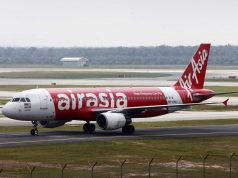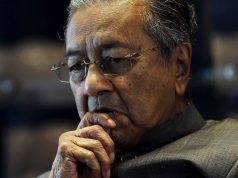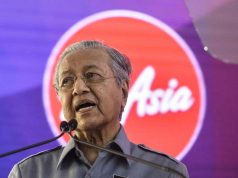

However, a tougher obstacle is still ahead: getting the approval to operate an airline from the Indian Civil Aviation Ministry, which is said to be annoyed at its promoters on policy grounds.
The aviation ministry has said that the Indian promoters – Tata Sons Ltd and Arun Bhatia’s Telestra Tradeplace Pte Ltd – should have set up an airline company first and obtained a flying permit and then sell off 49% to the foreign partner.
Last Friday, AirAsia announced to Bursa Malaysia that it had received the Indian Foreign Investment Promotion Board (FIPB) approval and the next step for the company is to apply for an aviation licence with the Directorate General of Civil Aviation in India.
AirAsia is the first foreign company to get such approval after rules were relaxed last September to allow overseas carriers to own up to 49% in a local airline venture. For the Indian venture of AirAsia – AirAsia India – Tata Sons Ltd will hold a 30% stake in the JV while Arun Bhatia’s Telestra Tradeplace will hold the remaining 21% in the venture.
As reported by Economic Times of India, the civil aviation ministry had voiced its disapproval that the FIPB gave clearance to AirAsia’s venture. The aviation ministry reportedly had also asked the commerce ministry to issue a clarification to the policy on aviation foreign direct investment.
The civil aviation ministry said the policy was eased to infuse capital into the cash-starved Indian ventures.
Meanwhile, AirAsia earlier this week called for applications for cabin crew appointments and has been recruiting pi lot s, according to people familiar with the company’s plans.
The company said it believes that Indian aviation has enormous long-term growth potential and plans to start flying from Chennai in south India by the end of the year.
AirAsia also plans to scale up rapidly after it launches operations from its Chennai base with three or four A320s, a development that is being watched not only by budget airlines like IndiGo, but also by full-service carriers like Air India.










